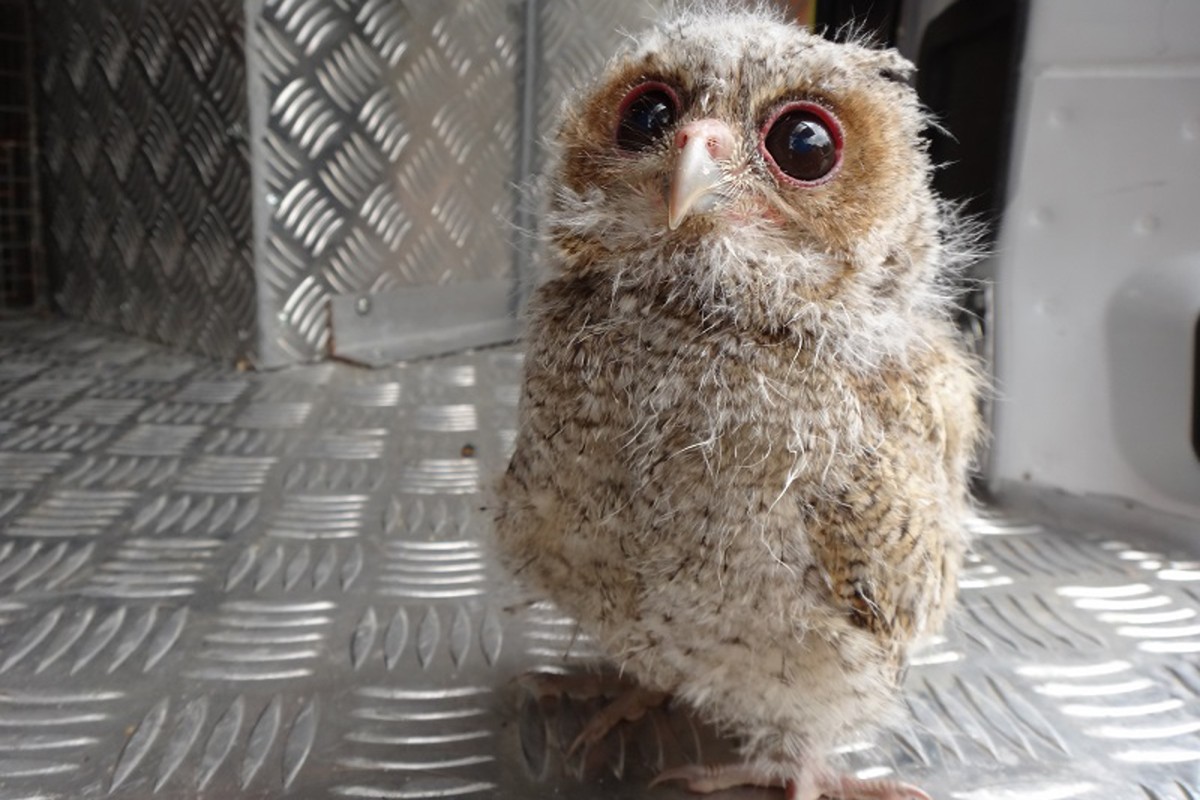
The SPCA fights an ugly uphill battle for animals in Hong Kong
It's a dirty, dangerous, often thankless job, but the SPCA tries its best to care for animals in our city that are not cared for
 The SPCA cares for all kinds of animals.
The SPCA cares for all kinds of animals.Animal welfare is a big deal in Hong Kong, but not all animals get the care they deserve. If animals are lost or injured, many face daunting challenges to survive, some will even suffer greatly and will not survive. For the lucky ones, they may be picked up or taken to the Society for the Prevention of Cruelty to Animals (SPCA).
Young Post spoke to SPCA's acting chief inspector, Desmond Tsang Ka-lun, to find out what it's like on the frontlines.
Tsang says the SPCA focuses on three areas - rescue, collection, and investigation. Rescue involves saving animals without worrying about who owns them, or whether or not they have an owner. Collection usually means dealing with injured, stray animals. Investigation involves looking into complaints from residents.
Rescue is the more difficult and dangerous work, he says. "A troublesome case is if a dog is heard barking in the wilderness. Generally it means a dog is stuck in a waterway or caught in a bear trap. So we have to [follow] the noise and find the dog. If it's caught in a trap, there are often many traps in the area. If we aren't careful, we might step on them and get hurt."
Collection can also be a problem. "Strays aren't like domesticated animals. They are afraid of humans and getting close to them can be difficult. It's not unusual for us to be bitten," Tsang says. "We had a case of two feral dogs that fell into a deep pit somewhere in Sai Kung. They were very wary of us. So not only did we have to physically climb down and back up, but we had to soothe the animals at the same time."
Investigation is a far more formal process. "We investigate when we get a complaint," Tsang says. "We go there and see what's going on for ourselves. Then we judge according to the animal abuse laws if there is a problem. And we contact the police if necessary."
Tsang says the law is important, because everyone has a different way of measuring things. "For example, you can keep your dog in a cage. If the cage is large enough, the law says it's ok, but is it really good for the animal? So we make decisions according to the law. Simple as that."
Tsang has been involved in more than a few tricky rescues. "There was this case where a citizen reported meowing coming from a rainwater pipe on the roof of a building," he says. "We got there and found that there was, indeed, a cat stuck in a pipe, but we couldn't find exactly where it was. We had to risk it and flush it out." A gentle stream of water was enough to free the little kitty - but that won't work on every animal.
"In another case, a turtle also got stuck in a pipe. Flushing it out with water didn't work. So we found a chain, stuck strong tape on the end and fished it out," Tsang says. The sticky tape stuck to the turtle's shell, as it was pulled to safety.
There are times, though, where the team needs more than just chains and duct tape to get the job done. "An animal stuck on the highway may require police assistance to slow or stop traffic. For cats stuck on air conditioners, or birds trapped in their nests, we sometimes have to ask the fire services to bring their ladders," Tsang says.
These days there has been a slight increase in reports of animal abuse, but this is not as bad as it sounds, he says. "There is an increase in awareness and greater knowledge of animal abuse. People now have the tools to report problems when they see them."
His final piece of advice to anyone looking to become a pet owner: "Make sure you can meet the needs of your pet. Know the local laws." And consider adoption over buying from farms or pet stores.
